From lash serums to shampoos, peptides are popping up in many beauty formulations. Editor Trudi Brewer explains how they work and who can benefit from these tiny, active molecules.
Image Instagram
If you're interested in the ever-growing skincare glossary, you'll have come across the term 'peptides'. Infiltrating almost every category, from skincare to haircare and even lash serums, these amino acids are fast becoming the biggest buzzword in beauty.
So, how exactly do they work for you? Can you justify adding another skincare ingredient to your line-up of musts, such as retinol and niacinamide, hyaluronic acid, ceramides and vitamin C? If you want a glowing complexion, longer eyelashes and shiny hair, the answer is yes. Top dermatologists share the benefits of peptides for skin health and beyond.
What are peptides?
“Peptides are short chains of amino acids,” says Dr Alexis Granite, one of the UK's leading dermatologists. "They are the building blocks of essential proteins within our skin, like collagen, elastin and keratin – and help maintain healthy skin texture, strength and resilience." With dozens of options, peptides have a unique functionality and effect, adds Dr Tina Meder, a cosmetic chemist and founder of Meder Beauty. “There are hundreds of them, from copper peptides to glutathione, and, to make matters all the more confusing, they're usually split into four categories: carrier, enzyme inhibitor, signal and neurotransmitter peptides.”
What are the benefits of peptides?
Peptides are naturally produced in our bodies, but like all good things, they deplete with age, which is where peptides in skincare come in. "When applied topically, peptides act as messengers, signalling skin and hair cells to perform essential functions," Dr Granite explains. Communicating with different cells in the body makes these molecules vital for skin quality, elasticity, hair growth, and scalp health. "Two of the main benefits of peptides are their ability to interact with cells precisely and their unparalleled safety," says Dr Meder, who's been using peptides within her brand for years. "If used wisely, peptides can keep your skin healthy, slow ageing, help control pigmentation, reduce skin sensitivity and improve skin's resilience," she says. Another selling point is their size. "Amino acids are tiny molecules and stay small even when forming a chain," adds Dr Meder. This means they can penetrate the skin quickly and effectively without damaging the skin barrier.
How to use peptides in your beauty routine
Peptides for skin
Peptides have been cropping up in skincare formulas for a while. Especially in the anti-ageing category of skincare, with almost every new launch harnessing the power of these small but mighty molecules. From peptide serums to moisturisers and lip treatments, they've become the most coveted ingredient to supercharge your skincare routine. As to the reason why? Signal peptides, the most common among skincare formulations, can work wonders for our skin – from strengthening the skin barrier and helping reduce inflammation to boosting collagen production. Dr Meder adds, "The human body naturally uses amino acids, so peptides have a high level of bioavailability for skin cells." Meaning that our skin recognises these amino acids, making them easily tolerated by most, even those with sensitive or redness-prone skin.
The Ordinary Multi-Peptide + Copper Peptides 1% Serum, $65.
Anything but ordinary, this serum combines a buffet of peptides, including copper tripeptides, Matrixyl and Argirelox (created to complement Botulinum Toxin injections and prolong their anti-wrinkle effects), a postbiotic made from fermented probiotics in a base of that moisture magnet hyaluronic acid. It targets fine lines, wrinkles, and other signs of ageing, proving that serious skincare does not need to break the bank.
Glow Recipe Pomegranate Peptide Serum, $87.
Stacked with polypeptides, including copper peptides, to repair and strengthen the skin, boosting collagen and elastin. As well as the antioxidant, fermented pomegranate, cottonseed oil and radish root extracts to nourish and protect. At the same time, hyaluronic acid floods the skin with moisture to plump out those fine lines.
Peptides for hair
From shampoo to luxe-y hair masks, peptides also benefit our hair. "Used in hair formulations, peptides can help promote hair growth by boosting local microcirculation, increasing oxygen within follicles and improving hair strength," shares Dr Granite. Peptides also form the all-important bonds that help to hold hair proteins together, keeping hair strong and durable. Modern-day stressors such as hormones, pregnancy and stress can all contribute to hair loss; the addition of peptides in the haircare you use efficiently penetrates to help prevent breakage, resulting in thicker, stronger hair while encouraging healthy hair growth.
K18 Biommetic HairScience Peptide Prep Detox Shampoo, $75.
If you love your dry shampoo and want to avoid shampooing your hair, you need this colour-safe clarifying shampoo with skincare-inspired ingredients. Loaded with peptides, it helps to unclog hair follicles and remove oils and silicones from the scalp. It’s the ideal prep shampoo to cleanse hair, boosting strength and shine.
Schwarzkopf Clean Performance BC Bonacure Repair Rescue Treatment, $39.
Soy and wheat amino acids, arginine peptides, and shea butter make for a luxurious hair mask that nourishes damaged hair. Designed to help bring back life into damaged hair, strength, and shine. Use on damp hair weekly and rinse off after ten minutes.
Peptides for lashes
Spotted-in lash and brow serum peptides can also add density, volume, and strength and encourage the growth of new hairs. "Peptide lash serums can help regrow and maintain lash volume the same way scalp formulations work: by increasing circulation within the lash follicle, strengthening hairs and lengthening time spent in the growth phase of the hair cycle," says Dr Granite.
Olaplex LashBond Building Serum, $138.
From your locks to your lashes, Olaplex’s new hair enhancer contains their famous Bond Building Technology, hydrating hyaluronic acid, and biotin (vitamin B7), as well as a cocktail of protein peptides to boost the natural growth cycle of your lashes.
RevitaBrow Advanced Eyebrow Conditioner, $169.
WHAT’S IN IT?
Our style director, Louise Hilsz, is sporting great results from this brow-boosting conditioner. Made with BioPeptin Complex, tripeptide-1, octapeptide-2, a protein boost for anorexic brows, lipids, biotin, and green tea extract, as well as vitamin B5 or panthenol (hair loves this stuff), ginseng, and calendula. Together, these ingredients condition and strengthen brows while protecting against breakage and boosting growth. Did this conditioner boost hair flexibility and shine while delivering dreamy, fluffy-looking boy brows - read Hilsz's review below.
Peptides for lips
The skin on the lips is fragile and without oil glands, so the slightest temperature change can lead to dryness and chapping. Peptide lip treatments help stimulate collagen production so less fine lines around the lips while increasing the skin elasticity, allowing the skin on the lips to stay smooth and firm.
Rhode Peptide Lip Treatment, $27.
We can thank Hailey Bieber for turning peptides into a must-have ingredient for our lips. Her beauty brand, rhode, has a top-selling lip treatment that nourishes the lips' skin but leaves them drenched in a glazed doughnut-looking gloss. This treatment doubles as a gloss, lip balm, and lip mask (depending on how much you apply), harnessing the power of peptides from soy and wheat protein (palmitoyl tripeptide-1), shea butter, vitamin E, fats from seeds cupuacu seeds and babussa nuts oil, that together strengthen the skin barrier, plumps and locks in moisture, all while improving the look of fine lines. There are three colours: as well as the clear.
Allies of Skin Peptide & Ceramide Repair Lip Balm, $48.
A blend of three amino acids that claim to boost collagen and improve the look of the skin’s texture. Ceramides and sunflower seed oil help retain moisture, while sea buckthorn, sunflower seed and avocado oils heal chapped, dry lips. Finally, vitamins C and E provide antioxidant protection against the sun, wind and cold temperatures.
Can every skin type use peptides?
Unlike active and often harsh skincare ingredients (hello retinol), peptides are unlikely to cause skin reactions. You can even use them while pregnant or breastfeeding, says Meder. One catch, though, is that not all peptide formulations are created equal. "The product's function depends on the quality of peptide used in the formulation," says Meder. "Peptides are created in laboratories using biotechnology; scientific bases are behind each of them, including recommended concentration to achieve expected effects. Unfortunately, not all brands follow scientific recommendations as peptides are quite expensive, and some peptide-based products on the market are less efficient than others," she warns.
skincare ingredients that play nice with peptides?
The good news is that peptides also get along with most other ingredients. "Peptides can be used with vitamin C, hyaluronic acid, retinol and niacinamide," says Dr Granite. But there are a few active ingredients you want to avoid mixing with your peptide formulas. Including the acid family, AHAs and BHAs. "Peptides should not be used with salicylic acid and alpha hydroxy acids such as glycolic acid as the acids may cause a breakdown of peptide bonds in a process called hydrolysis (a reaction with water, causing the ingredients to break down), rendering the peptides less effective," says Dr Meder. Who adds, "Avoid using retinol and peptides together too, as this could cause Vitamin A derivatives to be less effective."

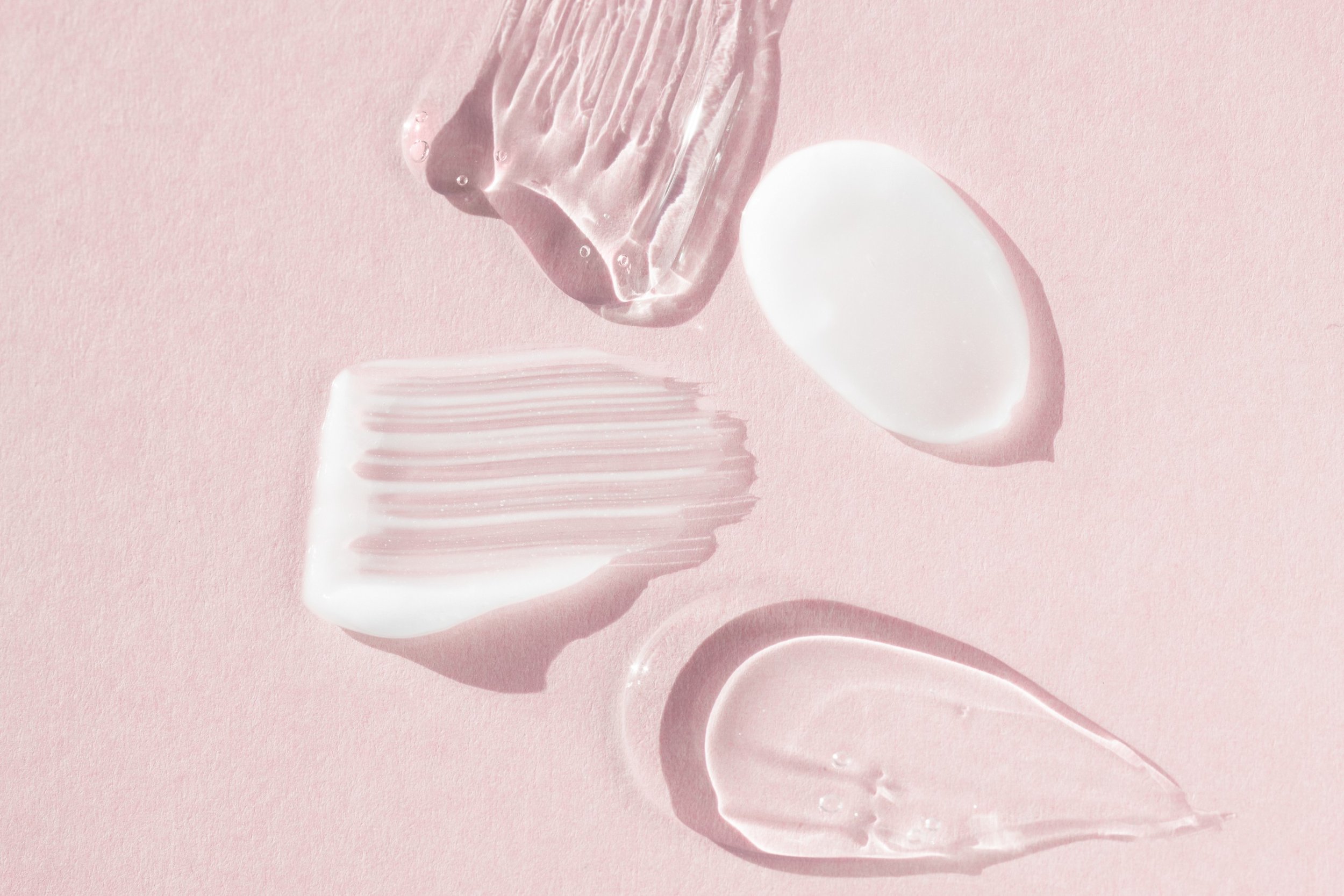




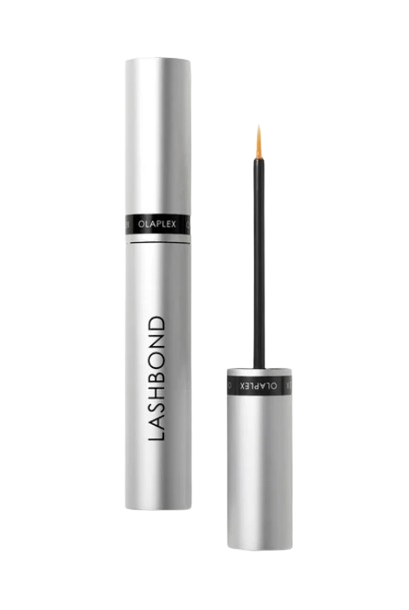

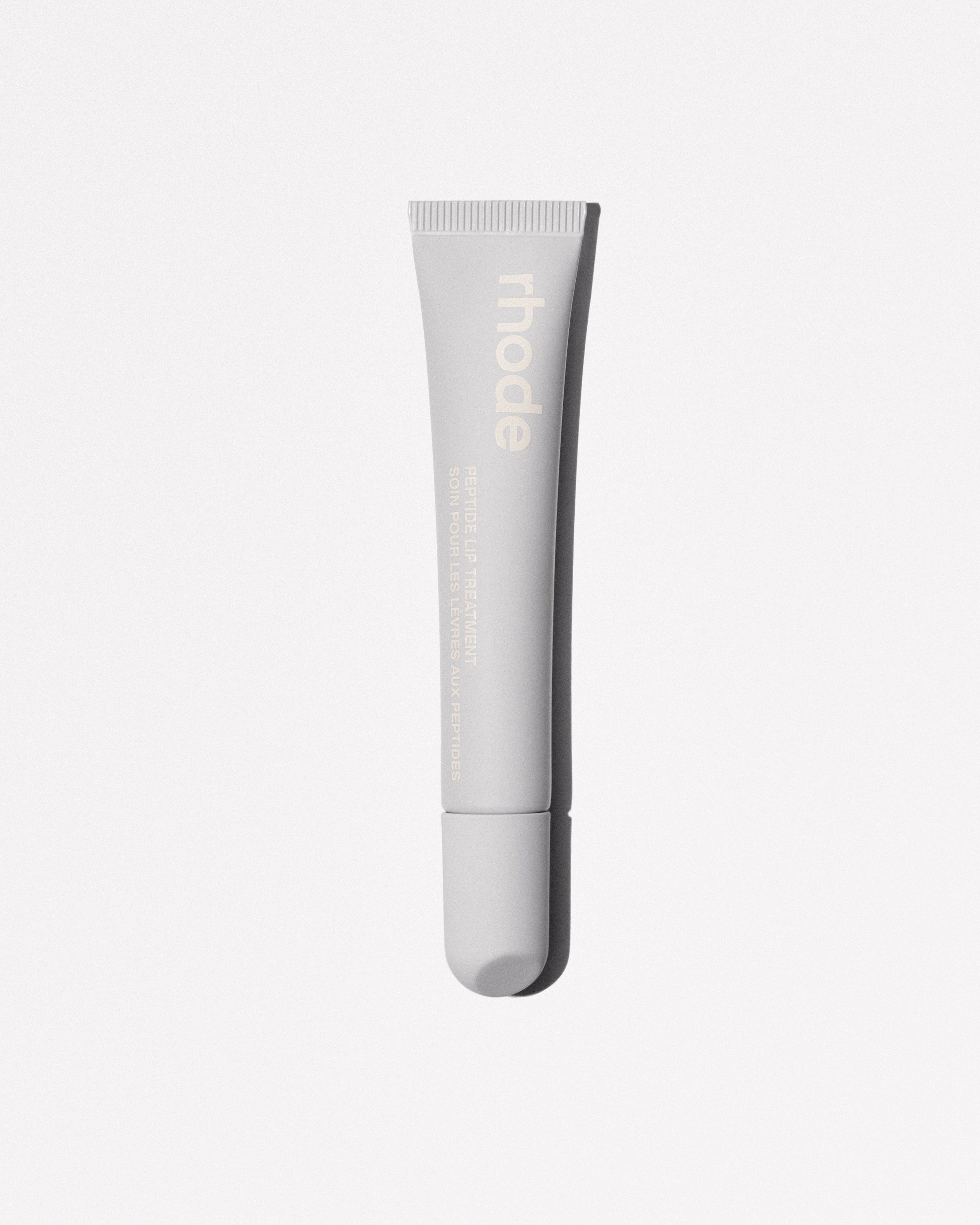


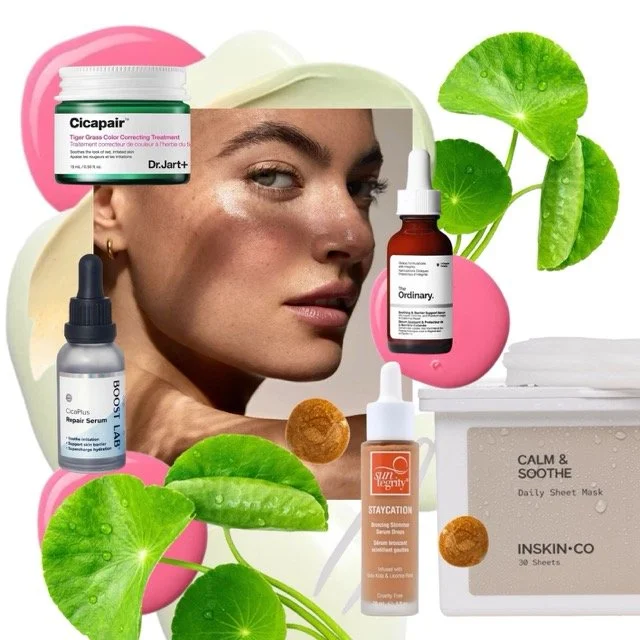

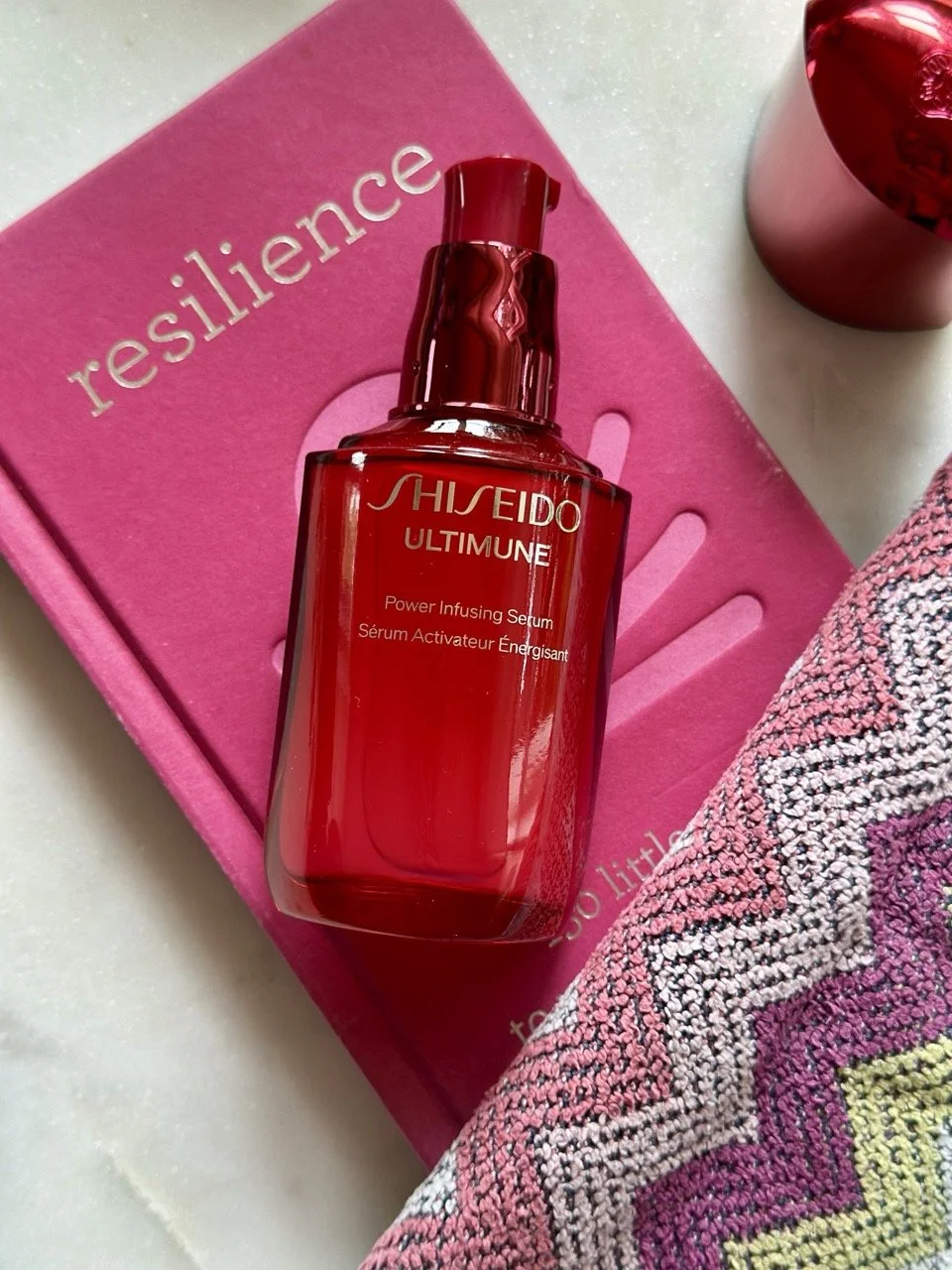


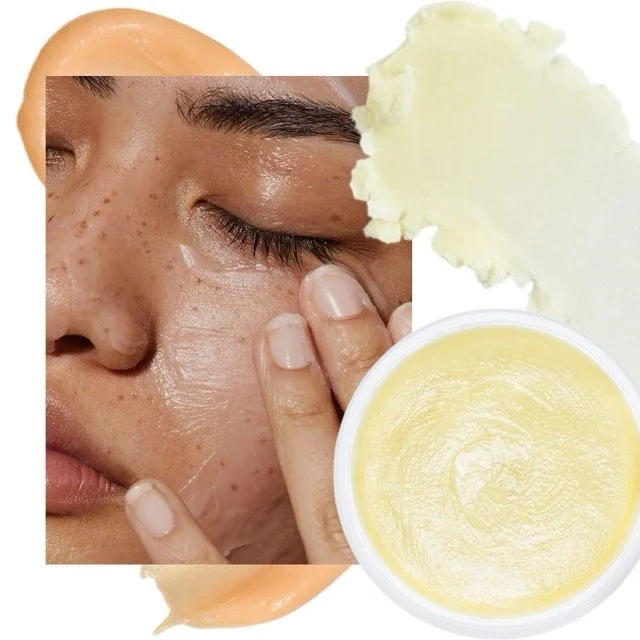

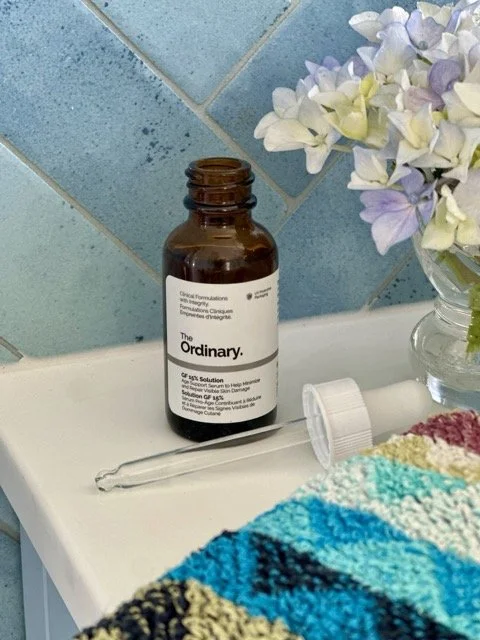






Update your beauty routine with these newbies.